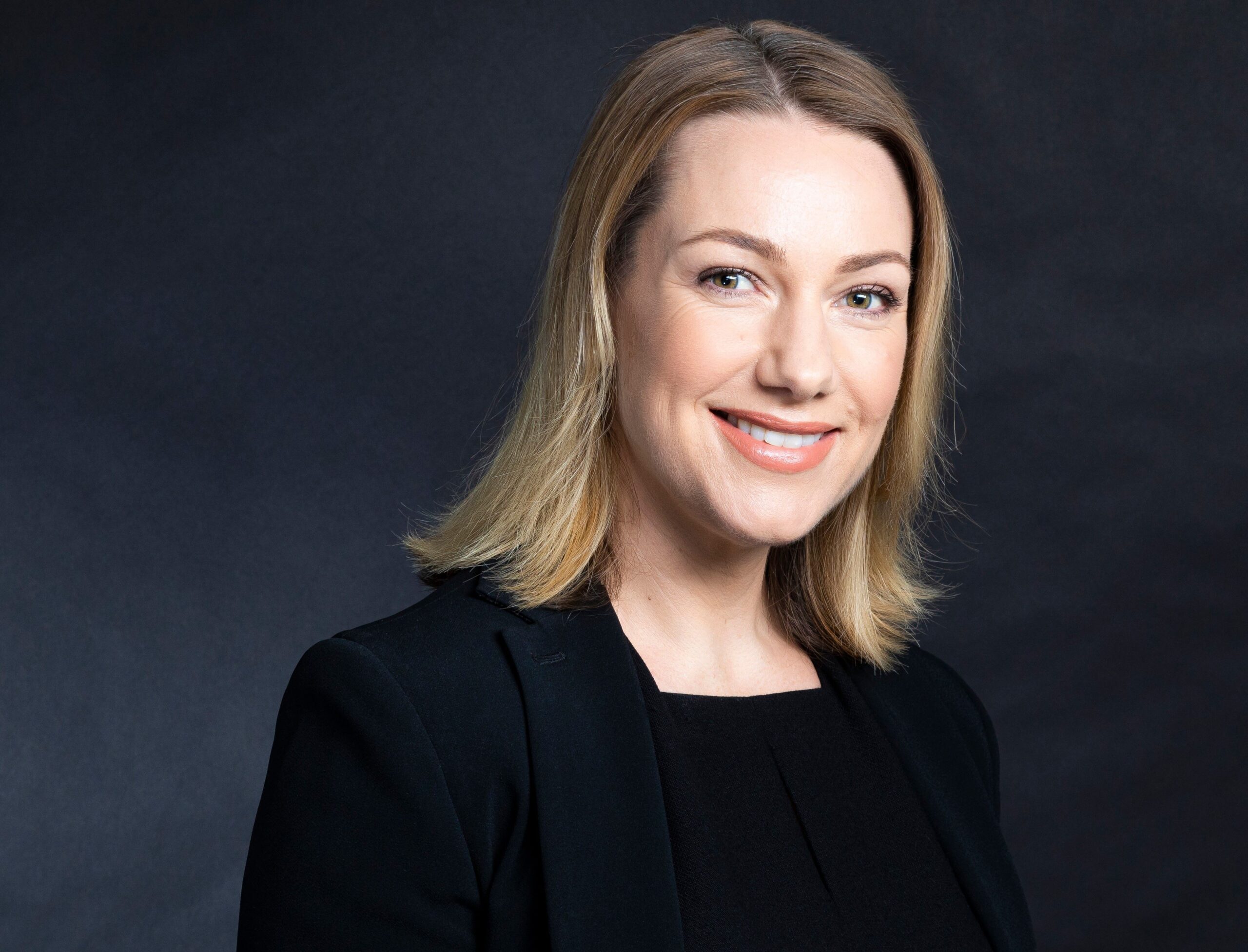Social entrepreneurs: Creating positive change from the inside out
Katrin Schaefer presents research that demonstrates how social entrepreneurs’ enhanced way of being has positive flow-on effects on their enterprises.
If you are a social entrepreneur on a mission to change the world for the better, your good intentions likely come with a fair few challenges. Katrin Schaefer presents research that demonstrates how social entrepreneurs’ enhanced way of being has positive flow-on effects on their enterprises.
Creating social and environmental value at the same time as staying afloat financially can be tough. Developing innovative responsible business models and products that resolve these fundamental tensions requires a good deal of creativity and an ability to see the bigger picture.
Growing social enterprises and bringing enthusiastic collaborators on board calls for interpersonal skills such as empathy to create good and often enduring relationships. Responding quickly to constant changes common in enterprises’ environment necessitates being flexible and adaptable.
What help is out there for social entrepreneurs? Practical help on business models, legal forms, and funding is available through incubating and support organisations as well as from business mentors. But what about the kind of cognitive and emotional support you need to see the bigger picture, be creative, empathetic, and adaptable to create and run a social enterprise?
Social entrepreneurs’ awareness of their thoughts and feelings plays a vital role in developing those capabilities and achieving their enterprises’ social or environmental missions. My research on social entrepreneurs in New Zealand and Germany found it was beneficial for entrepreneurs to be aware of some of their habitual limiting thoughts and negative feelings. Such an awareness helped them to scrutinise and transform hindering thoughts and feelings into more empowering and positive ones.
This transformation enabled the entrepreneurs to take better decisions and actions aligned with their organisational missions. When being self-aware, the social entrepreneurs were better able to think creatively, understand complexities, explore controversial perspectives, and show greater empathy with people and nature.
“In their enterprises [social entrepreneurs] developed innovative responsible business models and products, fostered a culture of care for people and nature, created thriving relationships, and engaged people outside the enterprise to become effective collaborators.”
The social entrepreneurs’ enhanced way of being had positive flow-on effects on their enterprises. In their enterprises, they developed innovative responsible business models and products, fostered a culture of care for people and nature, created thriving relationships, and engaged people outside the enterprise to become effective collaborators.
These successful social enterprises had a positive impact on industries and communities. They raised people’s awareness of social and environmental problems, encouraged collaboration within networks to address issues, and inspired positive community actions.
In some cases, other industry members even adopted similarly responsible business models, products, and business practices.
Overall, the social enterprises and their collaborators ultimately created social and environmental value and contributed – even if only to a small degree in these few cases – to positive change in communities and for the natural environment.
It wasn’t always easy though. Most of the social entrepreneurs in this research also reported that at times they acted based on unchallenged limiting beliefs and associated negative emotions. These beliefs and feelings often led to unhelpful behaviour that interfered with their missions.
They then generated unintended negative outcomes, such as personal burnout, excessive stress for the entrepreneur’s family or team, and neglected environmental concerns.
Acting based on habitual beliefs is not uncommon. According to psychology research, the majority of thought processes, feelings and ensuing actions flow in a habitual and reflexive manner without conscious awareness.
Becoming more aware of and transforming our restrictive beliefs, judgments and unpleasant feelings is instrumental in developing a mindset that is aligned with individual, enterprise and wider flourishing.
You might ask, ‘how can I increase my self-awareness?’ Many people find solitary practices useful, such as meditation, journaling, time spent in nature, and prayer. An increasing number of people find reflection with another person, like a coach, valuable.
A good coach is able to co-create a safe and trusting relationship with the coachee, where the coachee feels accepted and valued. Such a relationship can make it easier for individuals to face their limiting thoughts and unpleasant feelings and to transform them into more empowering ones.
It might be useful to think of creating positive change in terms of nested circles – from the inside out. The self-aware social entrepreneur is in the middle and with intention creates a successful responsible enterprise, which then may shape a thriving and caring wider community.
A more considerate community ultimately can positively affect the natural environment and increase the possibility that life flourishes on Earth indefinitely.
Katrin Schaefer is completing her PhD at Auckland University of Technology. Her research explores how social entrepreneurs’ self-awareness shapes transformational change towards human and planetary flourishing.
Figure below: Social entrepreneurs creating positive change from the inside out.






